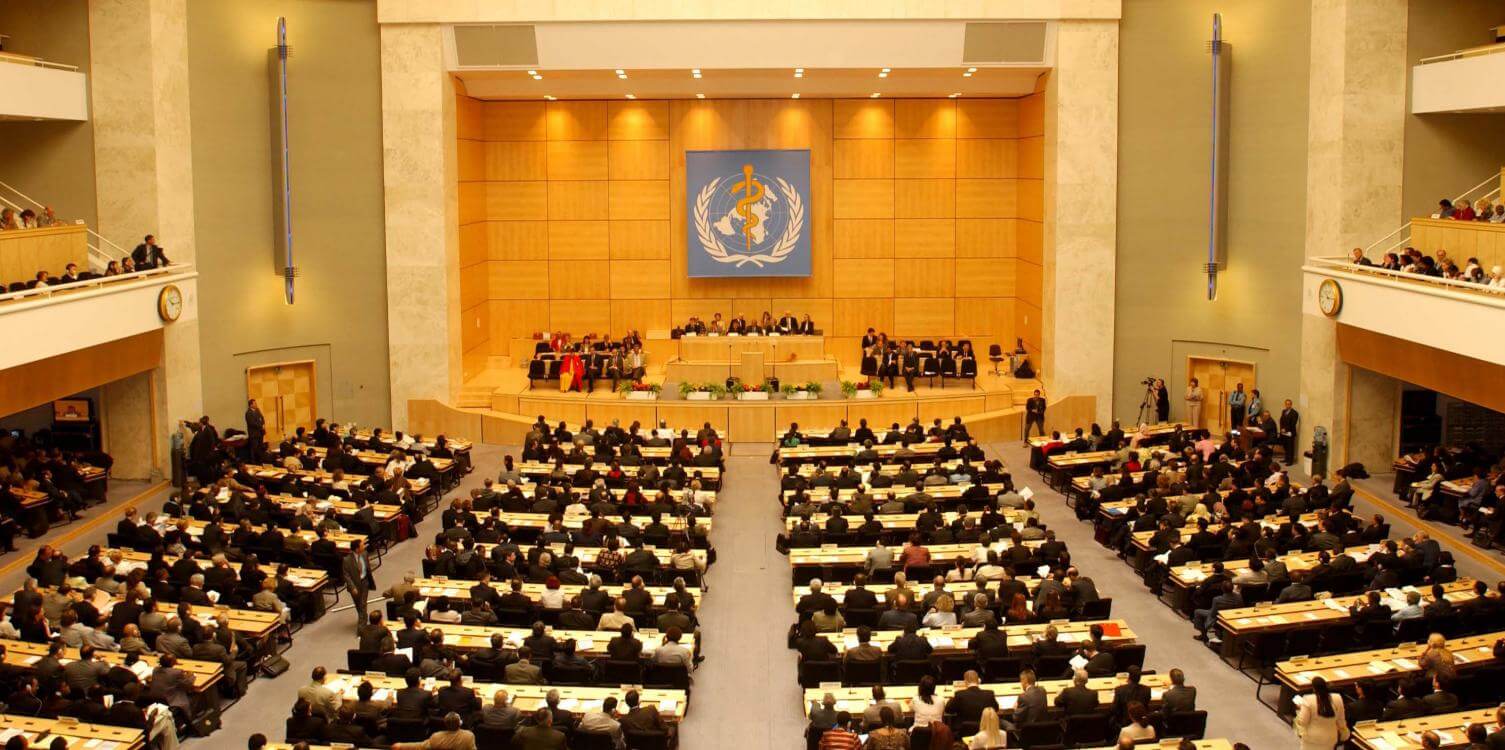The General Assembly of the World Health Organization (WHO)–the World Health Assembly (WHA)–is meeting in Geneva for two days to consider a resolution that seeks an impartial, comprehensive, and independent evaluation of the institution’s role and response during the ongoing coronavirus pandemic. The resolution, that is led in part by Australia, is supported by over 120 countries, including India, Russia, Indonesia, Japan, the UK, Canada, Brazil, South Korea, Mexico, Turkey, and New Zealand.
For weeks, Australian Prime Minister Scott Morrison and Foreign Minister Marise Payne have called for a global review of the WHO’s performance during this crisis to determine whether organizational reform is required.
Australia has lost faith in the WHO’s decision-making body, the WHA, and has suggested that the UN could appoint an independent investigator in the future. Morrison has also called for an investigation into the complicity and negligence of China during this pandemic. The Morrison government’s growing disdain for the United Nations (UN)–within which the WHO is a specialized body–and China was demonstrated in the fact that it did not co-sponsor a UN resolution put forth by Mexico that called for international cooperation in response to the coronavirus pandemic. The resolution was signed by 179 states and was adopted by the UN General Assembly.
Morrison’s stance against the WHO and China been supported by US President Donald Trump, who has withdrawn funding from what he calls a “China-centric” organization. Sweden, Germany, and the European Commission have also supported Morrison and Trump’s calls for a probe into the WHO and China.
However, the aforementioned resolution ultimately distances itself from anti-China resolutions. Countries such as Bangladesh, Belarus, Indonesia, Mozambique, Moldova, Russia, Turkey, and Zambia, for example, were unwilling to lend their support to any resolution that seeks to incriminate or even investigate China.
Given that China has lent Africa close to $160 billion–largely for infrastructure projects–as part of its Belt and Road Initiative (BRI), it is unsurprising that the continent’s countries are reticent to support any measures to punish China, either due to fear of retaliation or due to the friendship they have built. In fact, all 54 members of the African Group sponsored this resolution that makes no mention of China.
Nevertheless, the resolution does indicate that there is widespread support for WHO reform. For example, Indian PM Narendra Modi backed calls for organization reform in the world health body during the G-20 summit in March.
Crucially, neither China nor the US has backed the motion, with EU and Australian diplomats still working to convince them. In February, the WHO’s director-general, Tedros Adhanom Ghebreyesus, said that China's containment measures had “bought [...] the world time” and praised Chinese President Xi Jinping’s “political commitment” and “leadership.” On the other hand, Trump has criticized Tedros for his apparent favoritism towards China.
The WHA will also consider a proposal on electing a new DG. It remains unlikely that China will lend its weight to any resolution put forth by Australia, even if it makes no explicit mention of China, given the recent tensions between the two nations.
In April, China’s Ambassador to Australia, Cheng Jingye, said that Australia’s call for a global inquiry into the origins and spread of the coronavirus is “dangerous,” “politically motivated,” and that it will fail as it will not gather sufficient support among world leaders. He also warned that it could lead to a Chinese boycott in terms of students, tourism, and exports. In fact, last week, China’s Ministry of Commerce (MOFCOM) threatened to place tariffs of up to 80% on Australian barley producers.
In addition, considering China’s growing influence in the UN, it is highly unlikely to accede to and reformation of the organization or any of its specialized agencies. Currently, four of the 15 UN specialized agencies are headed by Chinese nationals, including the Food and Agriculture Organization (FAO), the International Telecommunication Union (ITU), the United Nations Industrial Development Organization (UNIDP), and the International Civil Aviation Organization (ICAO).
Even in the absence of the US and China, however, there appears to be an overwhelming and near-unanimous consensus that the WHO requires some form of restructuring or reformation.
WHO to Consider Resolution Seeking Independent Evaluation of Its COVID-19 Response
The World Health Assembly will convene in Geneva over the next two days.
May 18, 2020

IMAGE SOURCE: WHAThe resolution indicates widespread support for WHO reform, regardless of the differences between member-states.
